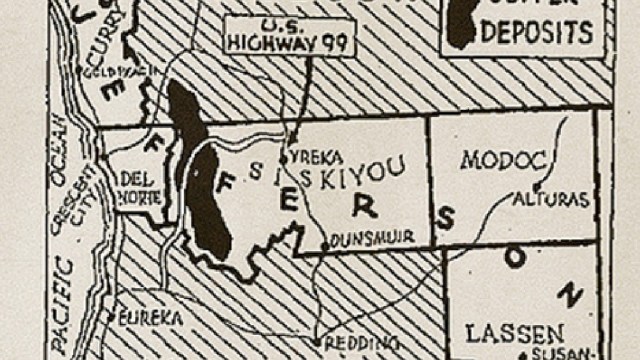461 – There Goes the Neighbourhood: Europe, Rejigged
Key Takeaways
- The hollow sound of the United Kingdom’s empty coffers should earn it a one-way ticket to the Mediterranean, not for rest and relaxation but to contemplate its fiscal imprudence with PIGS (Portugal, Italy, Greece and Spain), other EU members with dangerously wobbly public finances.
- Since the UK is broke anyway, why not break it even further? Wales and Scotland might not have such a hard time fending for themselves if they could attract the vacationers of northern Europe to their now-sunkist beaches.
- Poland gets towed over to the UK’s erstwhile location, between Ireland and the Low Countries. A well-earned compensation for the unpleasantness visited upon the Poles by their former neighbours, the Germans and the Russians.
- Belgium and the Czech Republic swap places, with the Belgians sidelined to Eastern Europe as punishment for their linguistic quarrels, the Czechs promoted to the heart of Europe for their hard work and well-organisedness.
- Belarus is moved north to the Baltic to give it a snowball’s chance to escape the bear-hug of its Russian neighbour, while the Baltic troika itself flies off towards Ireland. Kaliningrad, that delightfully anomalous Prussian/Russian exclave, would move east to be absorbed by the Russian Motherland.
- Ukraine would also move north and west, as would Russia itself, “thus vacating Siberia for the Chinese, who will take it sooner or later anyway,” The Economist states, ominously.
- In the southern Balkans, The Economist suggests that Macedonia, Albania and Kosovo rotate places, to end Greek fears of Macedonian irredentism.
- Switzerland, neutral like Finland and Sweden, non-EU like Norway, and quietly affluent like all Scandinavian countries, should move north, for example to a place in between Norway and Sweden.
- Austria’s move to fill the Swiss void makes room for Slovenia and Croatia to hike in a north-westerly direction.
- Southern Italy breaks off from (or is ejected by) northern Italy – its new nickname, Bordello, gives a good idea of the amount of industriousness The Economist associates with this region of Italy.
- The Economist is rather more romantic than its rather dry moniker projects. The European reshuffle creates space for some of Europe’s most intriguing states: Syldavia and Borduria (created by Hergé for his Tintin cartoons), Vulgaria (location for the children’s movie Chitty Chitty Bang Bang) and Ruritania (the setting for Anthony Hope’s The Prisoner of Zenda).
Sign up for the Smarter Faster newsletter
A weekly newsletter featuring the biggest ideas from the smartest people
n
n
If you want reliable, world-class journalism, you could do worse than The Economist. This London-based weekly magazine excels in reporting of the respectably serious kind. Serious, as in fact-based, business-oriented and usually not a little dry. But that obviously does not prevent its editors from having a sense of humour and, occasionally, a bit of fun. As is demonstrated by this map, of a Europe rejigged. Although an exercise in nonsensical fun, this folie is interesting in a non-nonsensical way too – it inadvertently lays bare some of the editorial bias of the presumedly impartial Economist. Which ones? Judge for yourself… As defined in the accompanying article, this map should make life in Europe “more logical and friendlier.”
n
nn
n
Many thanks to all who spotted this map – the roll call reads like a sample of most of the countries discussed here (and beyond):
n
Anthony Barilla, Jan Bex, Emanuel Borsboom, Clarisse, Christopher Davey, Adriane Fresh, Benoit Gerbet, Ingar Gleditsch, Lafin T. Jack, Samee Kirk, Wouter Lefebvre, Leszek Jan Lipinski, Maciej, Lasse Jæger Nielsen, Szymon Piotr Nogalski, Steve Oram, Marta Pachulska, Matt Perreault, Matthias Ploeg, Eric Robinson, Peter Sanderson, Csaba Sebestyén, Gabriel Simunek, Sue Somers, William Steed, Andy Thoreson, Samuel Wodinski, Jon Worth, Gideon Yuval, and Michał Ziątek.
n
Sign up for the Smarter Faster newsletter
A weekly newsletter featuring the biggest ideas from the smartest people






